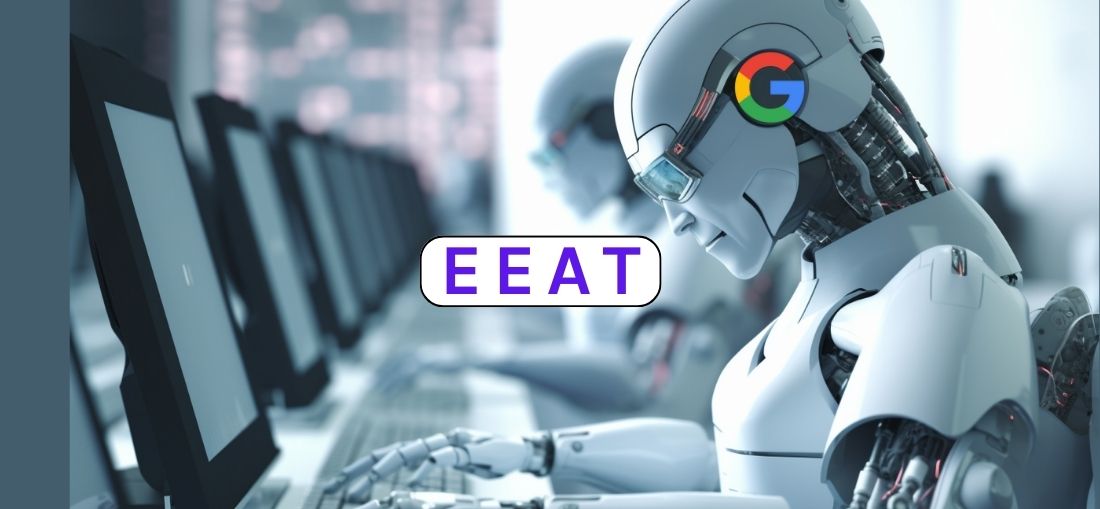Google is already actively discussing and forming policies regarding AI-generated content and its impact on user experience.
At the recent Google Search Central Live Tokyo 2023 event, Gary Illyes and other Google representatives shared valuable insights and recommendations on the subject.
While it is well known that Google prioritises content quality, it was clarified that Google does not label AI-generated content. This contrasts with the European Union’s request for social media platforms to voluntarily label AI-generated content to combat fake news.
Regarding text content, Google does not require publishers to label their AI-generated content explicitly. Instead, the decision to label such content is left to the publishers based on their judgment of the user experience. However, Google does caution against publishing AI-generated content without human editorial review, emphasising the importance of maintaining quality.
In terms of ranking, Google’s algorithms and signals are primarily based on human-generated content. As a result, natural content written by humans for humans has been given priority in search results.
Google’s Google Quality Rater Guidelines PDF document has given the SEO world a useful insight into what the best of breed webmaster needs to shoot for. The big discussion though is how AI-generated content will pose new challenges in meeting the criteria of Experience, Expertise, Authoritativeness, and Trustworthiness (E-E-A-T). As AI lacks personal experience or expertise in specific topics, it may struggle to meet the quality standards set for certain types of content. Google certainly acknowledges this issue and is internally discussing potential policies to address it. Once these discussions are concluded, Google says it plans to announce a policy on the matter.
The evolving nature of AI has led mainstream media companies to reassess their use of AI-generated content due to concerns about trustworthiness. Although AI models like ChatGPT and Bard were not explicitly trained for content creation, Google recommends that publishers continue to prioritise content quality and exercise caution.
Why does this matter?
In summary, Google does not currently require labels for AI-generated text content, leaving the decision up to publishers. But what is still important to note is that content quality remains a significant factor in ranking, with natural content created by humans being prioritised.
Google is actively discussing policies regarding AI-generated content’s adherence to E-E-A-T criteria and plans to announce its policy in the future are sure to follow in the coming months.
Author spike.digital